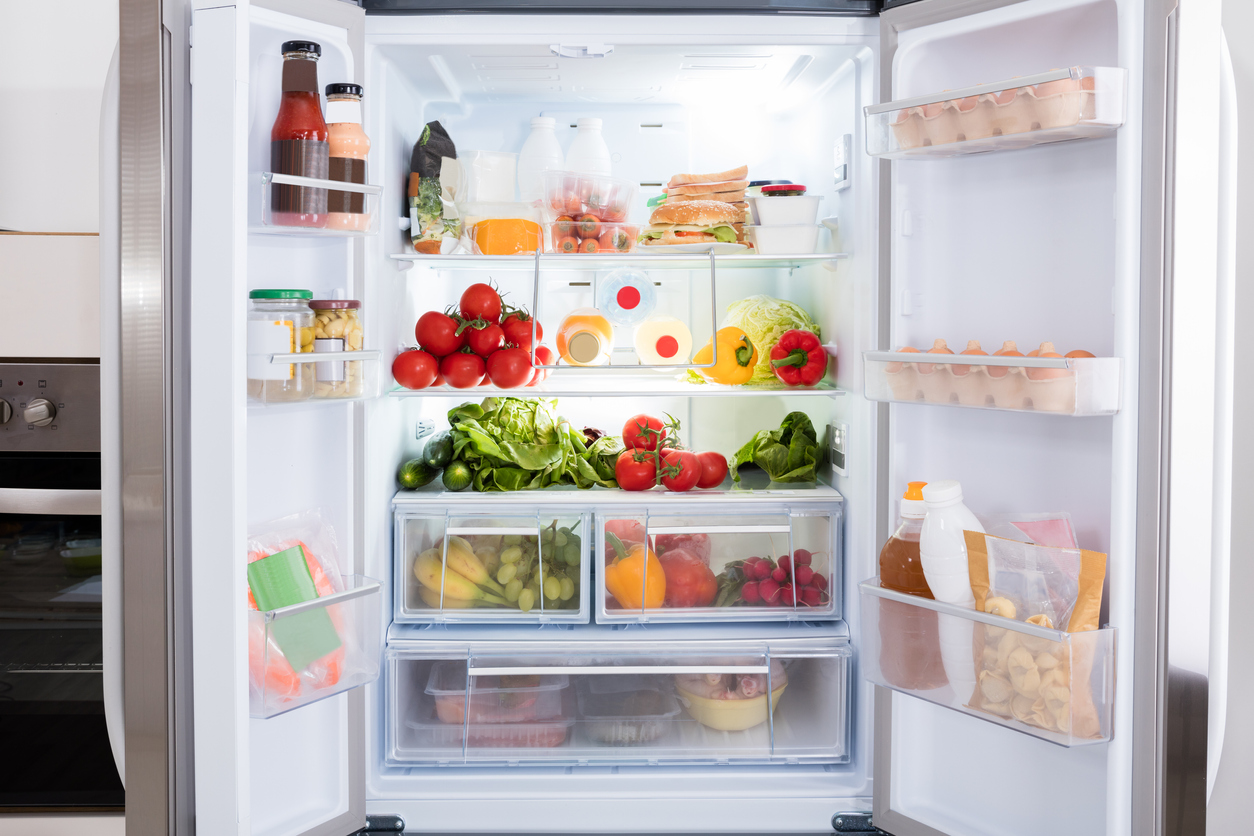Nutrient-Dense Foods Explained
You may have heard the terms “empty calories” and “nutrient-dense” before and wondered what they mean. As explained by the American Heart Association, the standard American diet is high in calories and low in nutrients, meaning we as a country consume a lot of empty calories. Leslie Ramirez, clinical dietitian at Houston Methodist, explains that while these foods do provide a temporary energy boost, a majority of the calories cannot be can’t be used to build muscle, supply vitamins, promote a sense of fullness or provide any other nutritional benefits. This means that a majority of the calories are stored as fat. A diet consisting of mostly empty calories can leave you feeling unsatisfied after meals and lead to cravings. It can also lead to weight gain, blood sugar spikes, increase inflammation and even diabetes and heart disease.
Nutrient-dense foods, on the other hand, are rich in vitamins, minerals and other nutrients important for health and are lower in calories, saturated fat, added sugars and sodium. A wide variety of nutrients is required by your body to perform its everyday functions, everything from digestion and cell repair to muscle growth and reproduction. Overall, a nutrient rich diet is essential for your health and well-being.
Choosing Nutrient-Dense Foods
The basic concept of nutrient density is the amount of nutrients you get for the calories consumed. However, there are so many foods to choose from, you might feel overwhelmed as you begin your journey of incorporating more nutrient dense foods into your diet. To help guide you, here are some food groups that are high in nutrient density, and examples of the nutrients they contain as outlined by Harvard Health, Mayo Clinic and Alana Kessler, MS, RD.
- Fruits and Vegetables: Fruits and vegetables are the power houses of nutrient dense foods. They are packed with a wide range of vitamins, minerals as well as fiber, phytochemicals, and antioxidants. Choose a variety of fruits and vegetables to include in your meals and eat as snacks throughout the day to really fuel your body.
- Lean Meats: Lean meats, seafood and poultry are excellent sources of protein, B vitamins, iron, and zinc, all of which are essential for your muscles and skin. Protein also boosts your energy and helps you stay fuller for longer.
- Whole Grains: These grains are either present in their whole form or ground into a flour while retaining all parts of the seed (bran, germ and endosperm). Compared with other types of grains, whole grains are better sources of fiber and other important nutrients, such as B vitamins, iron, folate, selenium, potassium and magnesium.
- Nuts and Legumes: Nuts and seeds provide healthy fats as well as healthy mono and polyunsaturated plant oils. Legumes, which include beans, are filling and contain lean protein. All of these foods are packed with vitamins and minerals that support your healthy lifestyle.
- Dairy: While dairy products are slightly higher in calories than the first four food groups, they provide calcium and Vitamin D for strong and healthy bones. They are also a great source of potassium and protein as well.
Tips and Tricks
Listed below are some tips and tricks to help you navigate the grocery store and choose the healthiest options.
- Shop in Season: When you buy fruits and vegetables that are in season, you are often choosing the freshest option with the most available nutrients. This method also helps you add variation into your diet and ensure you are getting all the nutrients your body needs.
- Nutrition Labels: Reading and understanding nutrition labels is one of the most important steps to a healthy diet. Try to avoid the options that are high in sodium, have added sugars or include artificial sweeteners and preservatives.
- Low-Fat and Non-Fat Dairy: When choosing low-fat or non-fat dairy options, pay extra close attention to the nutrition label and read past the calorie and fat lines. These options can often include a lot of added sugars or include artificial sweeteners. So, just be mindful and look through several options to find the best one.








